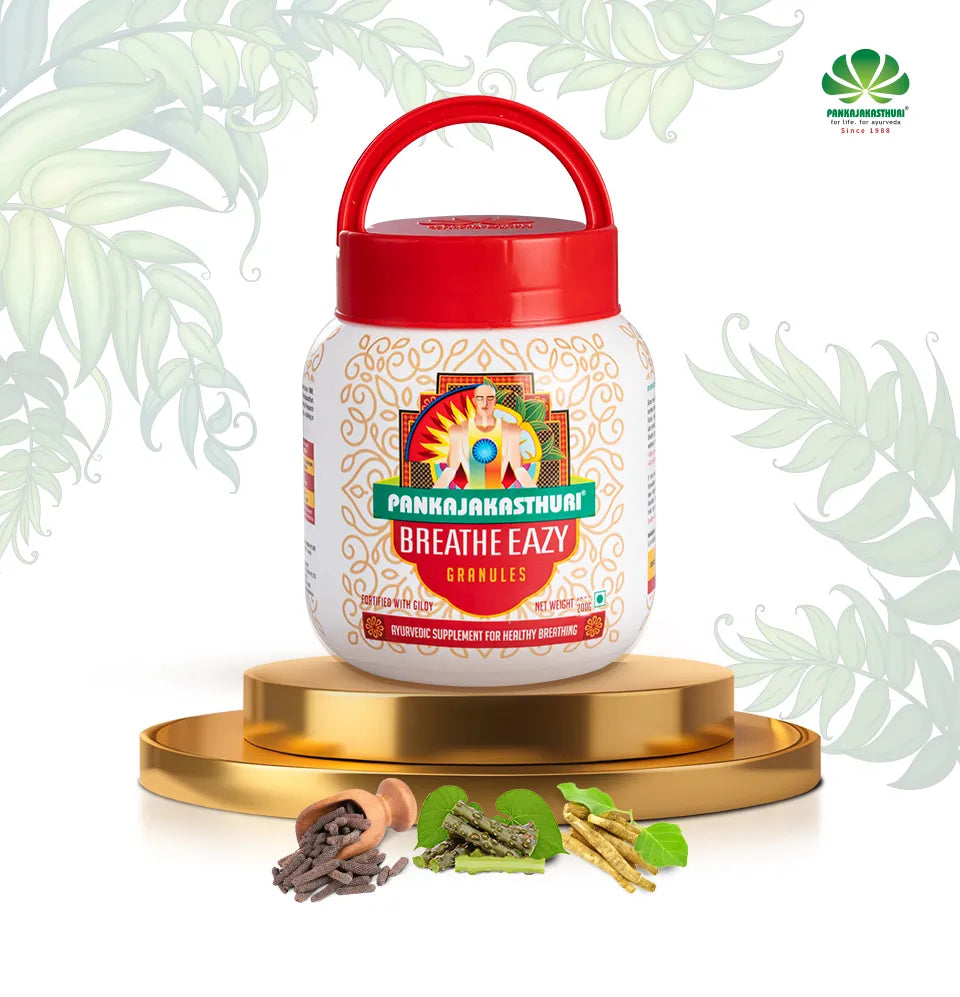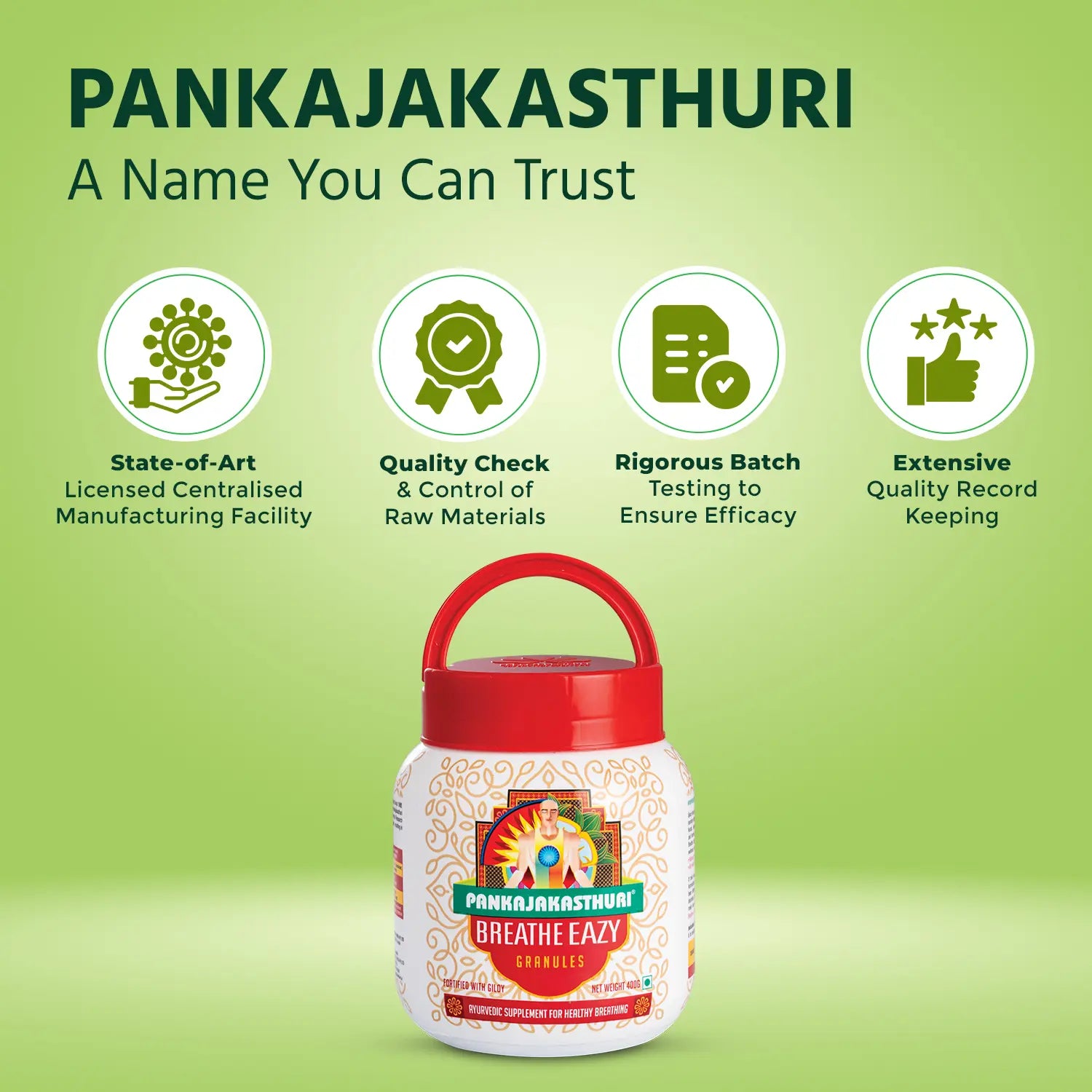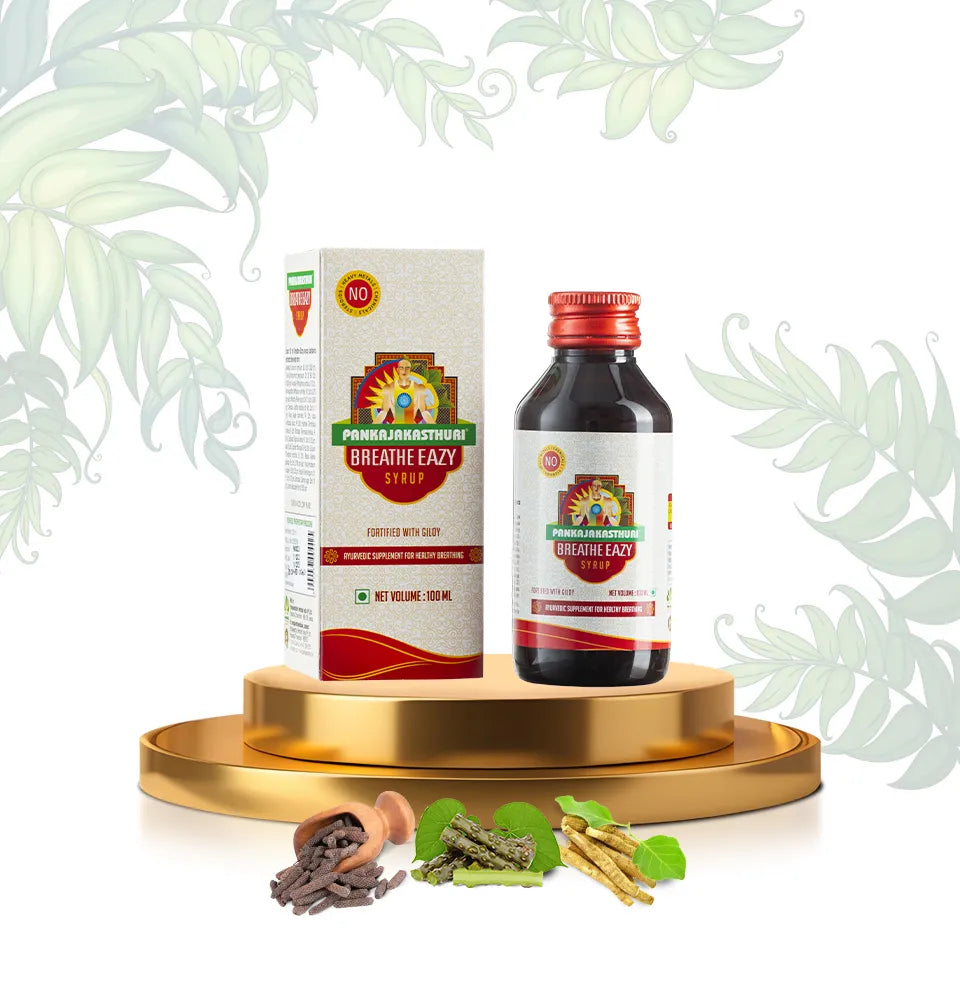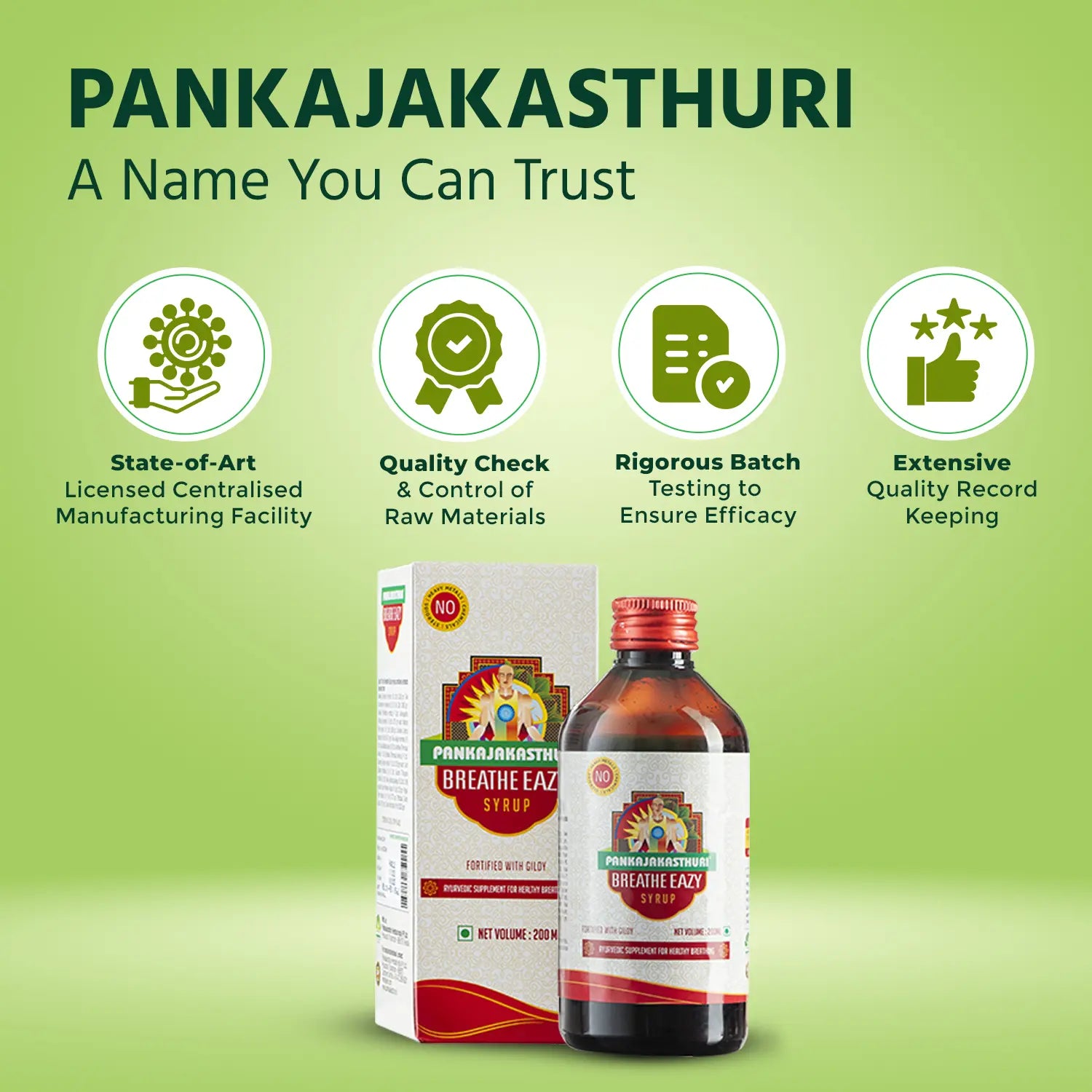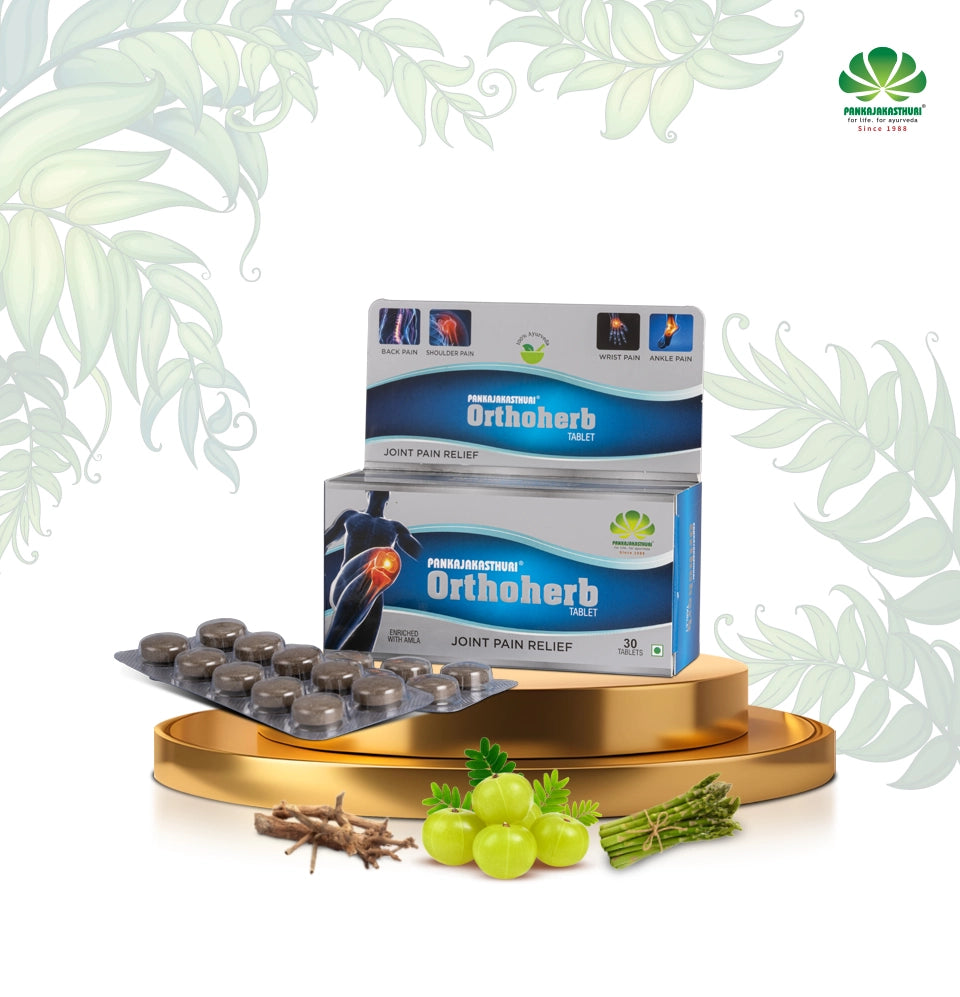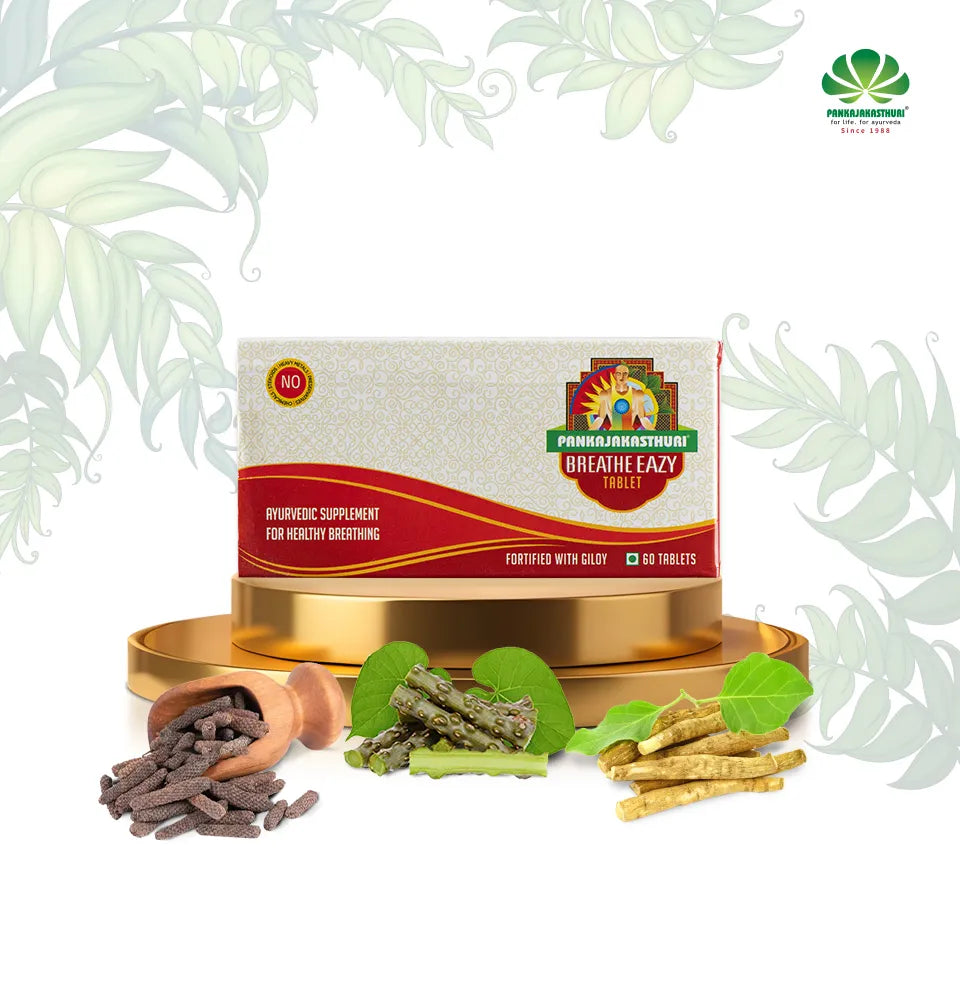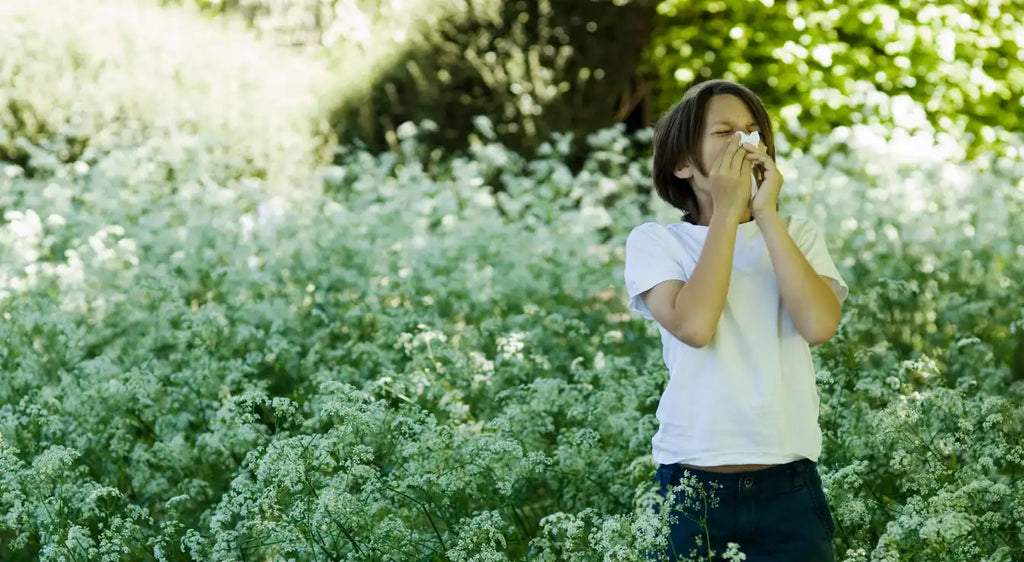
Pollen Allergies and Dehydration: Ayurvedic Remedies as Summer Approaches

As the warmer months roll in, many individuals begin to experience the tell-tale signs of pollen allergies - sneezing, watery eyes, runny nose and general discomfort. These allergies occur when the body’s immune system overreacts to allergens in the environment, often from pollen produced by trees, grasses and other plants. While spring allergies peak in February and last into early summer, tree pollination is the earliest, followed by grass pollination in late spring and early summer. Ragweed pollen dominates in late summer and fall, continuing symptoms well into the cooler months, especially in regions with milder winters or a particularly rainy spring.
With summer approaching, the intensity of pollen allergies is likely to increase. In addition, dehydration - a common issue in hot weather - can exacerbate these allergic reactions. Fortunately, Ayurveda offers natural remedies to help manage both pollen allergies and dehydration.
Ayurvedic Approach to Allergies
In Ayurveda, allergies are often caused by the accumulation of toxins (Ama) in the body, combined with a weakened immune system (Vyadhikshamatwam). Factors like genetics, poor diet, stress, seasonal changes and chronic conditions can deplete Ojas (vital life force), weakening immunity and making the body more susceptible to allergies. Furthermore, a weak digestive fire (Agni) can result in the accumulation of Ama, which acts as an antigen triggering auto-immune responses that manifest as respiratory, skin or gut allergies.
Ayurveda views allergies as a disturbance in the body's balance of Doshas - Vata, Pitta and Kapha and provides therapies that aim to restore equilibrium. These therapies include:
-
Shamana (Calming):Achieved through nutrition, herbal remedies and lifestyle changes.
-
Shodhana (Cleansing):A deeper purification process such as Panchakarma which detoxifies the body and boosts immunity.
Ayurvedic Herbs for Allergies and Dehydration
Ayurveda uses a variety of herbs to treat pollen allergies and support hydration:
-
Ardrak (Ginger): Known for its anti-inflammatory properties, ginger is often ingested in paste form with honey to treat Kapha-related allergies. It also aids digestion.
-
Yashtimadhu (Licorice Root): A rejuvenating herb, it acts as an emetic and tonic that supports the respiratory system.
-
Vasaka (Malabar Nut): Used in powder form, it is effective for managing respiratory-related allergies.
-
Haridra (Turmeric): With anti-inflammatory, anti-asthmatic, and antibacterial properties, turmeric is a potent herb for reducing allergy symptoms.
-
Pippali (Long Pepper): Known for its ability to treat respiratory issues, Pippali’s fruit has carminative and analgesic properties that help alleviate allergy symptoms.
Pollen Allergy Remedies
While Ayurveda offers natural solutions, several lifestyle adjustments can also help alleviate symptoms of pollen allergies. Below are some effective remedies:
- Limit Pollen Exposure: Keep windows closed particularly during windy and dusty days.
- Vitamin C:Eating foods rich in Vitamin C can boost the immune system and combat inflammation.
- Change Clothes Regularly: After being outdoors, change your clothes to avoid bringing pollen indoors.
- Herbal Teas: Drink herbal teas made with ginger, red clover or stinging nettles. These herbs have anti-inflammatory properties and may reduce allergy symptoms.
- Nasal Irrigation: Use Neti pots with saline solution to flush out pollen from your nasal passages. Neti pots are small, teapot-like devices used for nasal irrigation. They help rinse out the nasal passages with a saline (saltwater) solution, which can clear out mucus, allergens like pollen, and other irritants. They're often recommended for relieving nasal congestion, sinusitis, allergies, and improving overall nasal hygiene.
- Hydration: Ensure you are drinking enough water. Dehydration can increase histamine levels, worsening allergy symptoms. Aim for at least one-third of your body weight in ounces of water daily.
Dehydration Prevention
Dehydration can exacerbate allergies, as it often leads to an increase in histamine production. Here are key strategies to prevent dehydration:
- Drink Plenty of Fluids:Aim to stay hydrated throughout the day, especially during hot weather or after physical activity.
- Avoid Sugary and Caffeinated Drinks: These can lead to dehydration. Opt for water or herbal teas instead.
- Monitor Your Hydration Status:Pay attention to signs of dehydration, such as thirst, dry mouth or dark urine and rehydrate as needed.
- Water-Rich Foods: Include fruits and vegetables like watermelon, cucumber and oranges in your diet to support hydration.
- Diluted Juices: When consuming juices, dilute them with water to prevent stomach upset and aid in hydration.
Lifestyle Changes to Combat Allergies
In addition to hydration, certain lifestyle modifications can help minimize allergy symptoms:
- Avoid Excess Spicy Foods: Spicy foods can trigger symptoms similar to those of allergies, like a runny nose or watery eyes. During pollen season, consider avoiding them.
- Stay Hydrated: Drink eight to ten glasses of water daily to keep the mucous membranes moist and facilitate the removal of allergens.
- Change Bedding and Clothes Frequently:This reduces the risk of pollen exposure while at home.
- Shower Before Bed: Taking a shower before bed helps remove any pollen or dust accumulated on your skin during the day, preventing further irritation.
As pollen season approaches and temperatures rise, understanding the relationship between pollen allergies and dehydration can help you take the right steps to minimize symptoms. Ayurveda offers valuable remedies, including herbal treatments and lifestyle adjustments, to help restore balance, support immunity, and ensure proper hydration. By incorporating these Ayurvedic remedies and prevention strategies into your routine, you can breathe easier and enjoy the summer season with less discomfort from allergies and dehydration.








